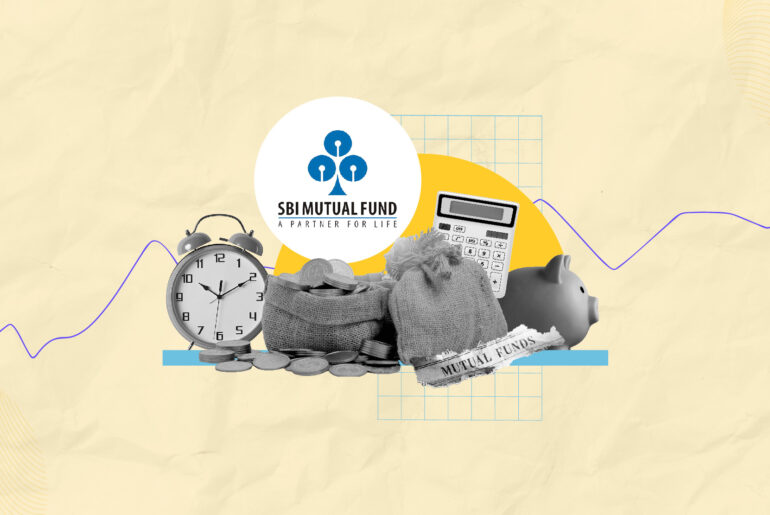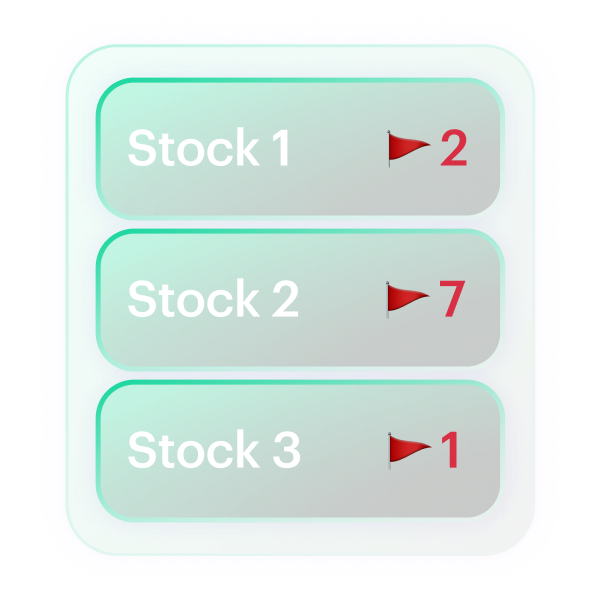Last Updated on May 24, 2022 by
The Income Tax Act, 1961 has specified different sections for TDS deductions on payments. These sections highlight the TDS deductible from different types of payments made. One such section is Section 194J which details the TDS rules on professional fee or fees paid for technical services.
Let’s explore this section in detail.
Table of Contents
Section 194J
Section 194J states that if a payment is made to a professional and the payment is a fee for the services that they have rendered, the payee should deduct a TDS from the fee before paying it. So, suppose you pay a fee to a lawyer, architect, CA, doctor, or any other professional for their service, then you are liable to deduct a TDS from the payment at specified rates under Section 194J.
Section 194J specifies TDS deduction on the following types of payments:
- Professional fee
- Royalty
- Fees for technical services
- Remuneration paid to directors of a company, except their salary
- Any type of non-compete fee (payment done for not conducting any business or profession for a specific time and within specific geographical boundaries)
- A fee paid for not sharing technical knowledge or know-how
Terms and conditions for TDS deduction under Section 194J
While Section 194J is quite simple, there are some terms and conditions for TDS deductions that you should know about. These terms and conditions are as follows:
- TDS is applicable only if the fee paid exceeds Rs 30,000 in a financial year. In the case of lower amounts, TDS is not applicable. For example, say you pay a fee of Rs 25,000 to an advocate for professional services availed. Since the amount paid does not exceed the threshold limit of Rs 30,000, no TDS is deductible. However, if the fee is Rs 40,000, TDS would apply. However, the rule is not applicable for fees paid to directors. In such cases, TDS is deductible irrespective of the amount. So, if Rs 10,000 is paid to directors, TDS would be deducted from the same.
- Individuals and HUFs (Hindu Undivided Families) engaged in business and having a turnover of less than Rs 1 cr in the last financial year are not required to deduct TDS on professional or technical fees
- Individuals and HUFs engaged in rendering services and having a turnover of less than Rs 50 lakh are not required to deduct TDS
- TDS should be deducted either at the time the payment is recorded in the books of account or at the time of actual payment, whichever is earlier
Rate of TDS deduction
Under Section 194J, the rate of TDS deduction depends on the type of payment made. It is as follows:
| Type of payment | Rate of TDS |
| Any type of payment covered under Section 194J | 10% |
| Fees paid for technical services | 2% |
| Payment to call centre operators | 2% |
| If the PAN details of the payee are not available | 20% |
Payment of TDS deducted under Section 194J
After deducting TDS, the payer has to submit the same to the government. There is a specified time limit for submitting the TDS. This time limit is as follows:
| Date of payment of the fee | Government deductor | Non-government deductor |
| TDS deducted on payments done before 1 March | Within 7th day from the end of the month | Within 7th day from the end of the month |
| TDS deducted on payments done in March | 30 April | The TDS should be paid on the date when the fee is paid. The corresponding challan, however, should be deposited within the 7th day from the end of the month |
Impact of non-compliance with Section 194J
If you are liable to deduct TDS on a professional fee or fee paid for technical services, you should fulfil your liability, and that too, within the due date. If, however, you do not deduct TDS or delay TDS deduction and/or submission, the following consequences would accrue:
- 30% of the expenditure allowed for tax exemption would be disallowed in the year that you claim the exemption. However, if you pay the TDS to the government, the disallowed expenditure would be re-allowed.
- If you delay submitting the TDS to the government, you would have to pay interest on the delayed payment. This interest would be paid at 1% if you have not deducted TDS at all. The interest would be paid from the date the TDS was not deducted to the date that it is deducted. On the other hand, if you have deducted TDS but not submitted the same within the specified timeline, the interest rate would be 1.5%. This would be payable from the date TDS was deducted to the date it was actually submitted.
Conclusion
If you avail of professional or technical services and you are liable for deduction of TDS on the same, understand the rules of deduction. Deduct TDS at the specified rates and submit the deducted TDS timely to fulfil your duty. This would help you avoid complications arising out of non-compliance with Section 194J.
- List of Top Overnight Mutual Funds in India for 2025 - Apr 21, 2025
- Income Funds – Meaning, Types & What to Watch Out For - Apr 21, 2025
- Hedge Funds in India: Types, Features, and Benefits - Apr 15, 2025




